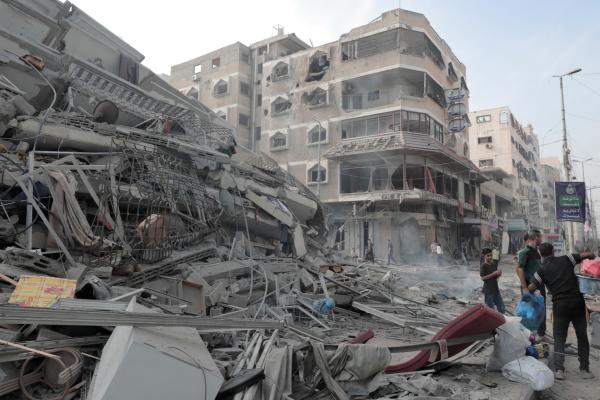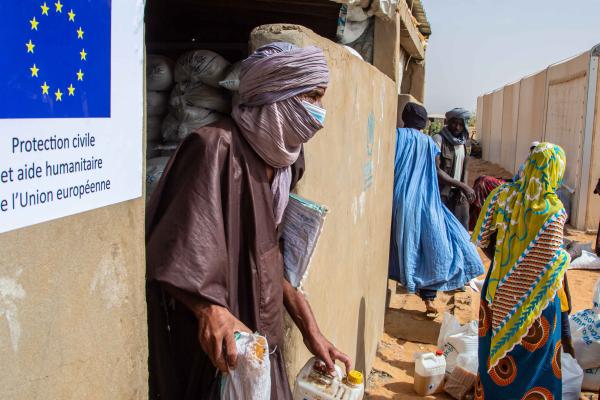
High Representative Josep Borrell and Commissioner for Crisis Management, Janez Lenarčič, have issued the following statement:
"Five months into the Gaza crisis, the results of the updated Integrated Food Security Phase Classification (IPC) assessment released today indicate the unfolding of the worst possible forecast for Gaza.
Gaza is already facing famine, with 100% of people estimated to be acutely food insecure, according to the IPC. In Gaza's Northern Governorates, 70% of the population are facing imminent famine.
In the centre and southern governorates, 50% of people face catastrophic food insecurity conditions. The situation is projected to deteriorate fast in the next weeks and months and famine is likely to also affect the South.
This is unprecedented. No IPC analysis has ever recorded such levels of food insecurity anywhere in the world.
Life-threatening levels of acute malnutrition have risen at an alarming rate since the last report, and we are already witnessing with horror the death of children due to starvation.
Hunger cannot be used as a weapon of war. What we are seeing is not a natural hazard but a manmade disaster, and it is our moral duty to stop it.
Over 30,000 people have already died due to the conflict, a large part of them children, and the death toll could rapidly increase due to starvation or diseases.
The situation has gone beyond catastrophic. There is an absolute imperative to act now.
While we are exploring all possible means of aid delivery, including airdrops and maritime corridors, these do not replace the most viable and effective solution which is the full and unconditional opening of land access.
An urgent expansion of existing access points for land deliveries, and the opening of additional access routes, is needed to secure impactful food assistance for the entire population of Gaza, the provision of specialised medical aid to address malnutrition and the implementation of public health measures.
We urge Israel to allow free, unimpeded, and safe humanitarian access to all people in need and to cooperate with UNRWA and other UN agencies and other humanitarian actors involved in the humanitarian response including by issuing requisite visas and other permits in a timely manner. The EU recognises their essential work and remains committed to their safety and the assurance of unhindered access to those in need.”
Background
In 2024, the EU has initially earmarked over €125 million in humanitarian funding for Palestinians in need, over €50 million of which is specifically dedicated to food assistance and to cover health and other basic needs.
A further €68 million are being allocated to support Palestinians inside Gaza and across the region with a strong focus on food, nutrition and health.
The EU is also delivering nutritional assistance via Humanitarian Air Bridge flights for the people of Gaza.
Details
- Publication date
- 18 March 2024
- Author
- Directorate-General for European Civil Protection and Humanitarian Aid Operations (ECHO)


